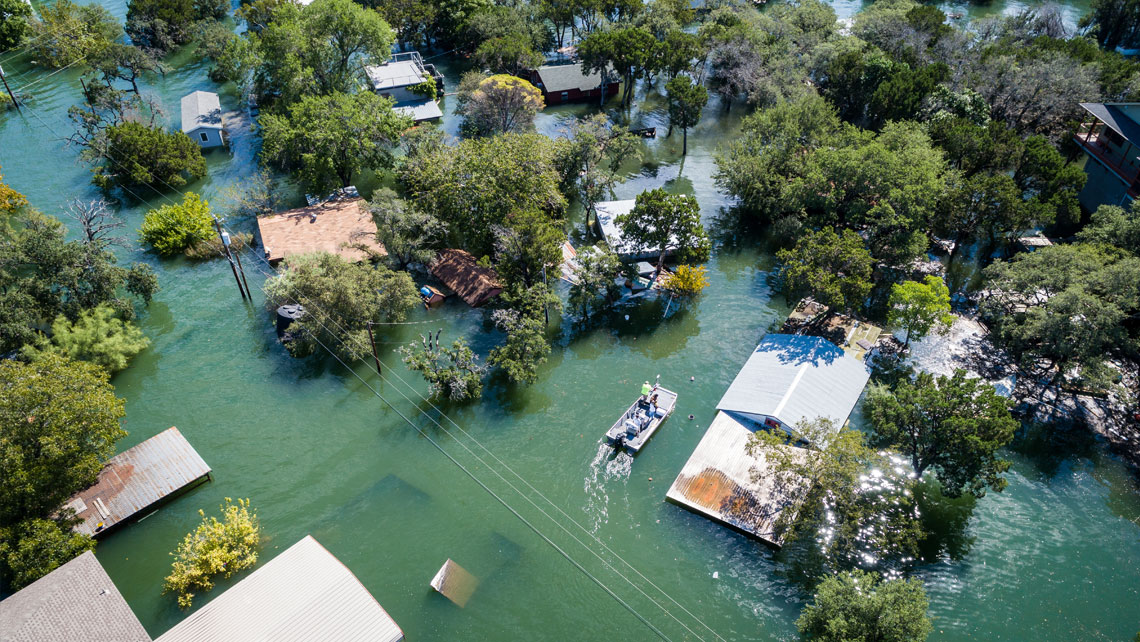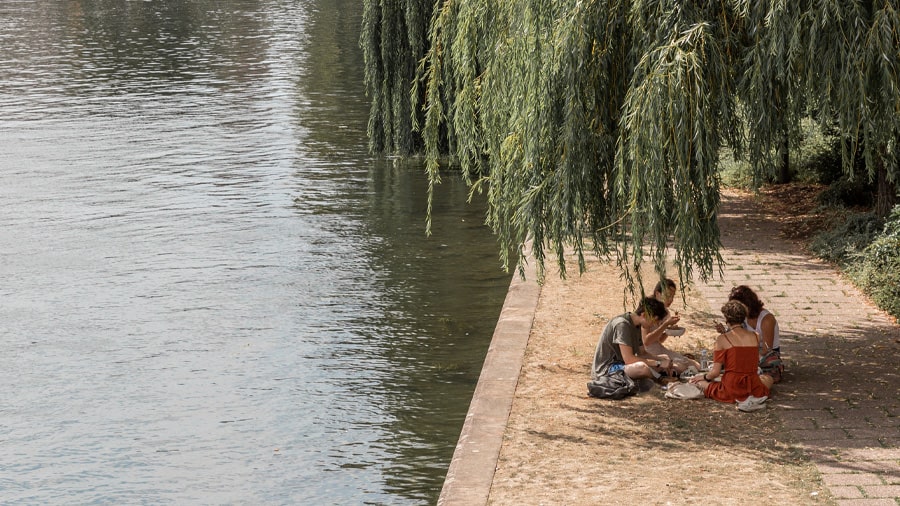While many are focusing on mitigation, far too little attention is given to adaptation. Changes due to a warming climate are already occurring and things will continue to get warmer even if we are able to limit global warming to below 2 degrees.
The IPCC released a report showing the difference 0.5 degrees of warming can make.
| 1.5°C | 2°C | |
| Number of ice-free summers in the arctic | At least 1 every 100 years | At least 1 every 10 years |
| Plants that lose at least half of their range | 8% | 16% |
| Further decline in coral reefs | 70% | 99% |
| Global population exposed to severe heat at least once every five years | 14% | 37% |
| Water stress (depending on socio-economic conditions) | Up to 50% greater than with 1.5 degrees |
In both cases the range of influence will be uneven across societies. Vulnerable communities will be affected the most by any climate change scenario and will have to make substantial adjustments to cope with the effects. We cannot leave anyone behind and for this reason focus on adaptation needs to rise to the same level of importance as mitigation. We need solutions for both.
Since climate change is often seen through the medium of water, Kemira is in a unique position to demonstrate its knowhow. Backed by 100 years of experience, our solutions for water treatment and circularity are a valuable tool in helping others meet their increasing water quantity and quality issues. In 2023 alone, Kemira’s solutions enabled the treatment of 20 billion m³ of water, equal to the annual consumption of 370 million people.1)
Focus on adaptation needs to rise to the same level of importance as mitigation.
Our products can be part of the solution. They help wastewater treatment plants cope with larger volumes of storm water runoff by removing impurities and harmful substances more efficiently. We offer drinking water producers the products needed to ensure precision and consistency in meeting strict water quality standards at increasing quantities. Our products and expertise are also enabling improved efficiency in recovering and recycling this precious resource.
But this is not enough. Climate change will cause more frequent and severe impacts on our water cycle and there is a need for an array of solutions, from different actors and companies working together. This is why we need to mobilize adaptation in the same way we have done for mitigation. We need to work together to ensure the sustainable use of essential and limited natural resources and help communities, especially the most vulnerable ones, adjust to the changing world.
1) Assuming 155 Liters per person a day

